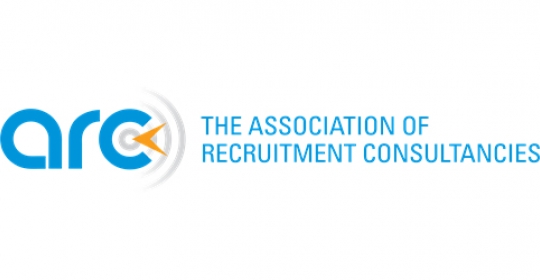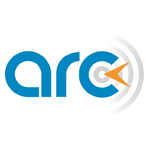HMRC has launched a new interactive tool for umbrella workers called ‘Check if you are at risk of tax avoidance’. The name reflects that the tool is designed to help individuals avoid getting caught up in a tax avoidance scheme. However is it useful?
Firstly the background. Following recent concerns regarding the use of umbrella companies, particularly in the fallout from introduction of new IR35 rules, the umbrella market remains under scrutiny. Greater regulation is anticipated, but with no firm dates or legislation yet set HMRC appears to be taking matters into its own hands. It is understood that mini umbrella schemes are the subject of fraud investigations, but apart from that, not all HMRCs actions are obvious, leaving many to wonder why there is a lack of resolve and what should they be concerned about. Into this arena steps the new tool which targets the risk of using non-compliant operators or schemes by providing an online questionnaire for completion by umbrella workers.
On first view there is an immediate problem. It can only be completed by someone who already works through an umbrella company. If you don’t, for example you are an agency wanting to check the credentials of an umbrella company, or you are an individual thinking about signing up to an umbrella company, it simply throws you out. So, if you answer ‘No’ to the very first question ‘Do you work through an umbrella company’, you cannot continue.
If, however, you are already a worker signed up to an umbrella the next question, ‘Have you been told your take-home pay will be higher than expected’, will leave many to ponder what is expected; deductions can vary significantly depending on tax codes and personal circumstances. It is easy to see why HMRC asks the question, since tax avoidance often results in a higher net pay of some kind, but, by the same token, it may not. Indeed, tax avoidance may simply be a way for the umbrella to recover its overhead charge. But on the basis that some umbrellas claim they can provide a higher net pay, for those the answer to the question may be ‘Yes’, assuming the worker has an idea of what they could expect to receive as net pay by working with a different umbrella company.
Click ‘Yes’ and you are told that ‘You may be involved in a tax avoidance scheme’ and some advice is provided with various links including one to the counter avoidance team to help those believing they are an avoidance scheme to get out of it. How many workers will use that remains open to speculation.
So what if you click ‘No’, you have not been told to expect a higher net pay. You are then taken to a series of questions. Depending on the answers given the result is either the same warning and advice page, or the statement ‘You may not be involved in a tax avoidance scheme’. We wonder what the difference is and what assurance this provides.
Why it takes an online tool to say all this is strange. Even more odd is that, at the beginning of the questionnaire, the user is told to have ready a plethora of documentation, such as payslips, bank statements, employment contracts and key information document, yet there is absolutely no function or question about that documentation, however you answer.
Is this an opportunity lost? Whilst the idea of an online tool can be useful where it provides a meaningful outcome, this one appears to fall short of any useful purpose. One can raise awareness, if that is the objective, by making the statement “If your pay is higher than you might expect there is a risk of tax avoidance”. In contrast if there is a tool that provides meaningful help to people who are thinking about signing up to an umbrella as well as those that are already signed up, this would be welcome. It would also be useful for HMRC publish a simple list of the common modes of tax avoidance used by those umbrella businesses that sail close to the wind.
For our legal advisers take on this, click here.







